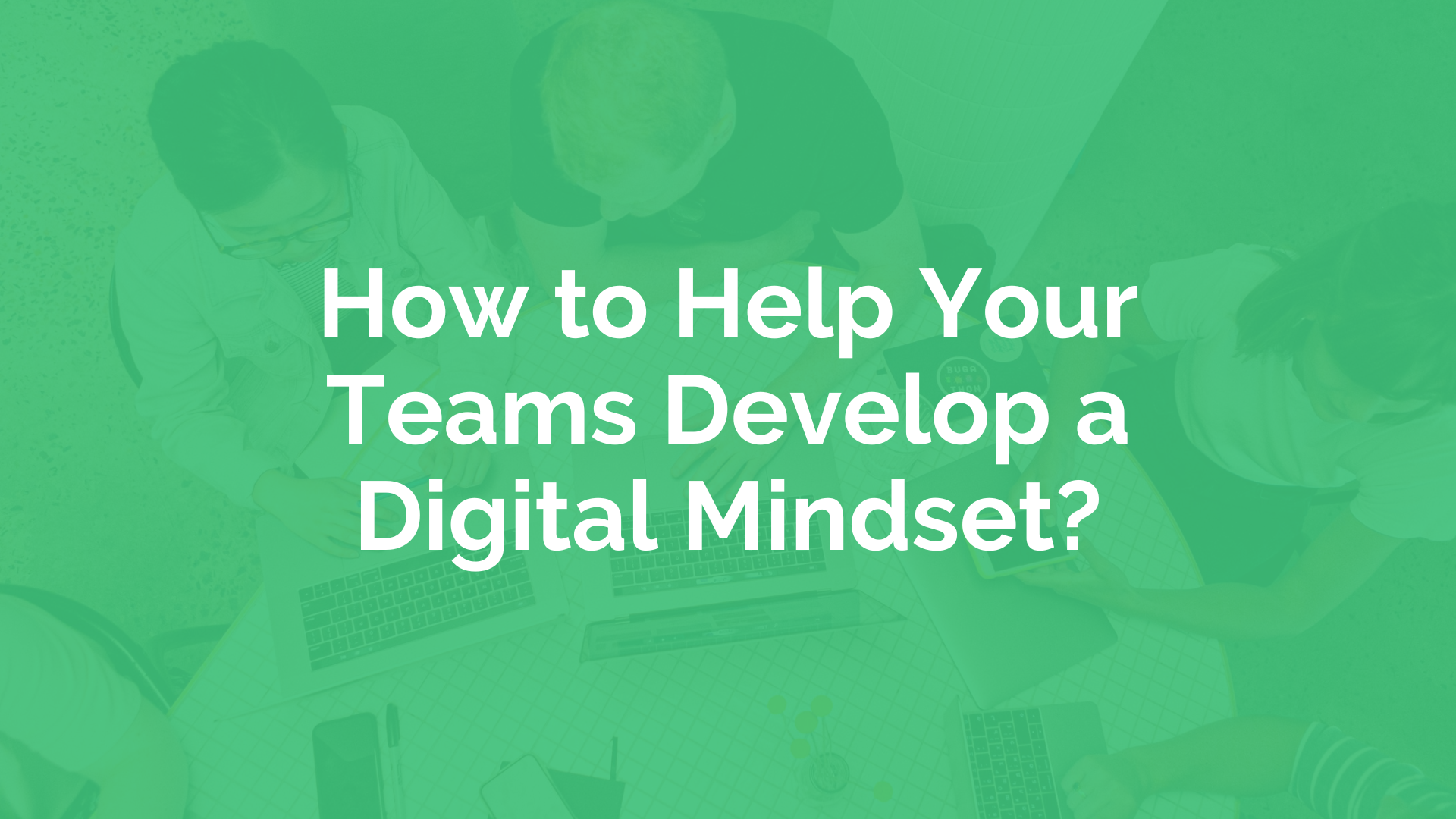Companies face incredible challenges with labour shortages and skills gaps as they struggle to get work done. The traditional ways of filling open positions where HR professionals would post the job description and undergo the lengthy recruitment process to find qualified candidates are no longer effective. So, HR professionals and business leaders focus on a skills-based talent strategy to stay competitive in the tight talent marketplace.
Read MoreIn this article Jonathan Ferrar outlines a common challenge that is frequently experienced by People Analytics leaders - Identifying value in People Analytics Projects. Leveraging the Nine Dimensions in People Analytics Model to support many clients navigate this challenge has led Jonathan to identify seven questions that People Analytics leaders should be asking themselves to ensure they’re on the right path to success. He also provides access to short survey that will help you identify your current level of excellence in People Analytics.
Read MoreEmployees play a significant role in driving businesses forward. And why? Because it is your employees that are delivering customer support, producing products, overseeing operations, and coming up with innovative ways of doing business. So, when considering new means of enhancing trade and employee engagement, looking at employees' skills and talent development makes sense.
Read MoreIn today’s tight labour market, companies strive to stay competitive by improving their recruitment strategies, enhancing employee engagement, or expanding their diversity and inclusion. As difficult as these challenges are, some companies have found an edge over their competitors by including behavioural science insights when developing best Human Resources practices. It has been discovered that businesses see higher results from their efforts by understanding how behavioural science can assist in the company’s approach to everything from organisational culture to the employee experience.
Read MoreThe labour market has evolved. In just the last few years, due to the pandemic, social unrest and eruption of remote work, there has become empowerment of the workforce. The way we perform everyday work has changed as well. Employees have an increased desire for flexibility, collaboration, learning opportunities and wellbeing that they are not just asking for but demanding. One direction companies are taking in response to the changes is by re-evaluating what jobs and work mean to all the involved parties and bringing about a new way for work to get done.
Read MoreThe use of a talent marketplace in organisations is on the rise, as the very nature of work and skills has morphed after the pandemic and the Great Resignation. Employers discovered that talent marketplace platforms allow them to remain competitive in a tight labour market by focusing more on how work is getting done over job titles and job descriptions.
Read MoreBusinesses large and small can utilise people analytics to immensely drive their business forward while remaining competitive in the tight labour market everyone is experiencing today. The key here is understanding the real value of people analytics delivered by watching the current and new trends, developing an operating model for people analytics, and taking action. In this blog we explore the business value that you drive within your organisation leveraging people analytics and exploring some of the key trends we’ve identified through the People Analytics Trends 2021.
Read MoreLeaders are discovering, after the shift in work culture in the post-pandemic era, that they are becoming more dependent on the effectiveness and the efficiency of their teams that work under them. This is great for digitally minded HR professionals and teams alike because of the opportunities they are being presented to provide more business value. But do your teams have the digital mindset to overcome the challenges of these new responsibilities? If not, it is time to shift their mindset to develop better data-driven decisions.
Read MoreAs the rate of change continues to accelerate, exacerbated by a growth in HR technology and external factors such as the pandemic or the great resignation, it’s never been more imperative for HR teams to build an array of new skills enabling them to become more data-driven, business focused and experience led allowing them to stay relevant and bring more value to their business. Over the last year we’ve had over one thousand HR professionals complete our HR Skills of the Future assessment, allowing us to create a HR benchmark and providing greater insight into the capability areas that organisations should focus on upskilling their HR functions in.
Read MoreData is one of the biggest assets available to a HR function - not only does it allow us improve the decisions we make but it also enables us to improve the employee experience, optimise processes and generally drive greater business value. While many CHRO’s believe data is integral to their HR strategy only 42% of HR Business Partners believe that they are capable of having data driven conversations. If HR wants to continue driving greater business value we must embrace and build a data driven culture across all of HR. In this blog we explore how we can support HR professionals build the confidence they need to effectively use HR data to communicate with the business, enabling them to not only frame the right business questions but also build hypotheses that can be used in their people analytics projects.
Read More









